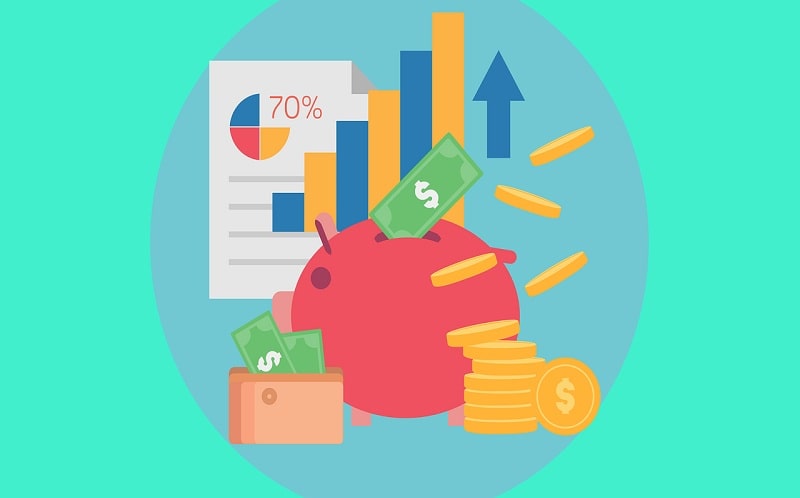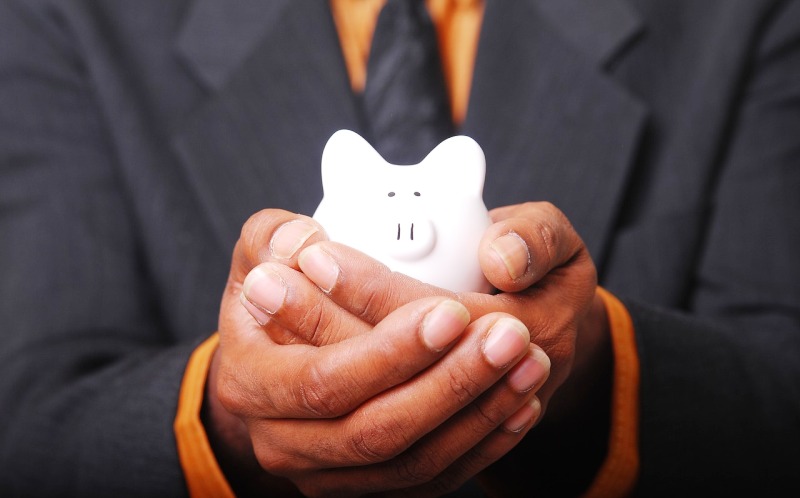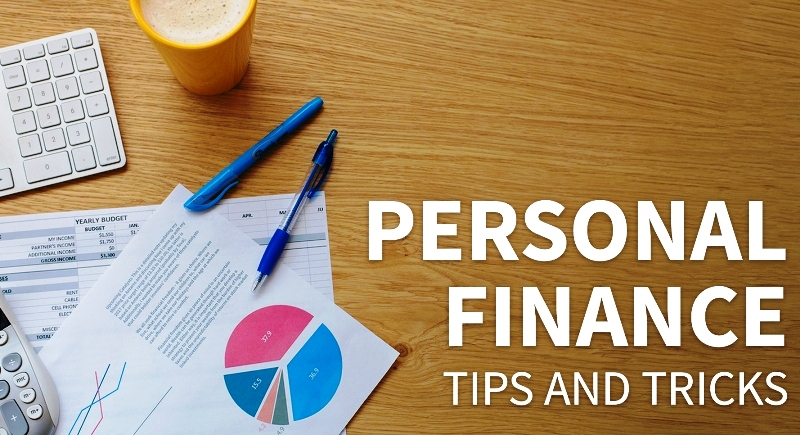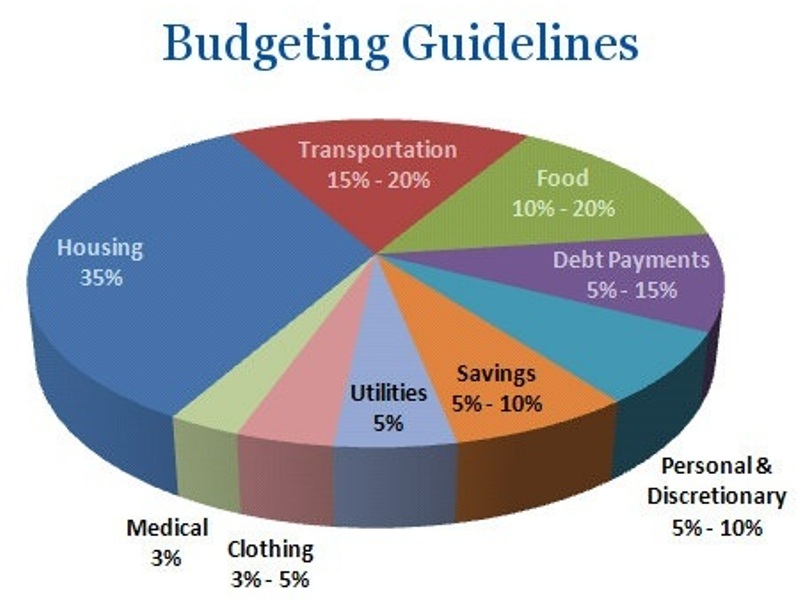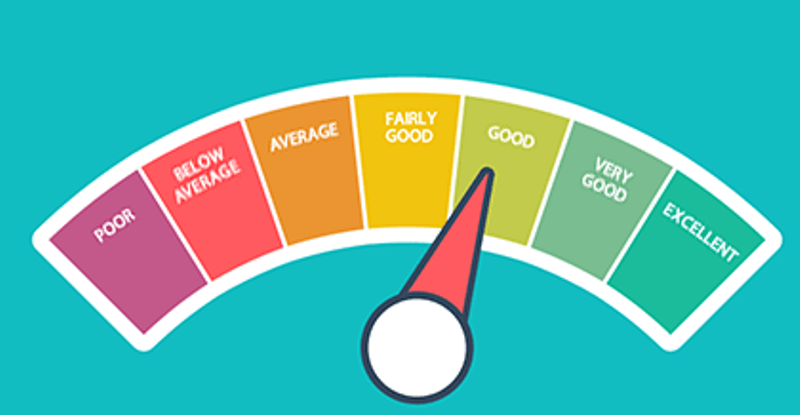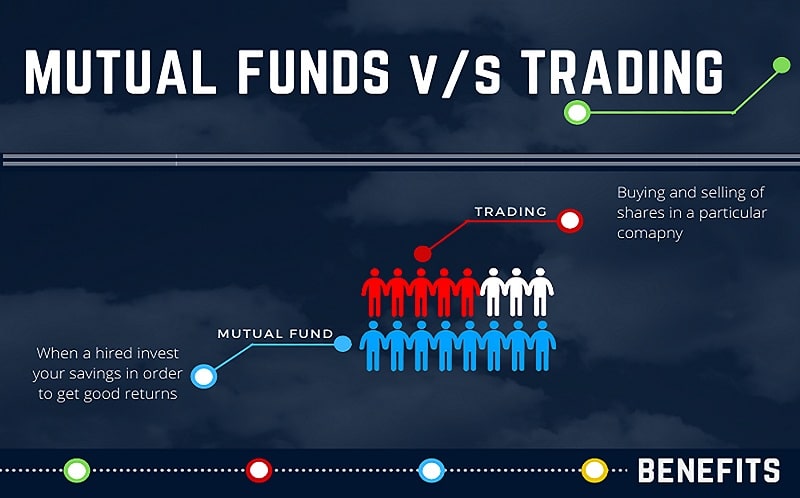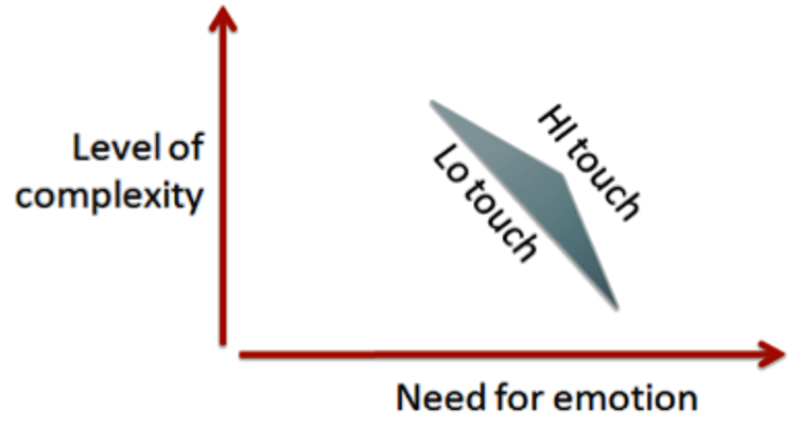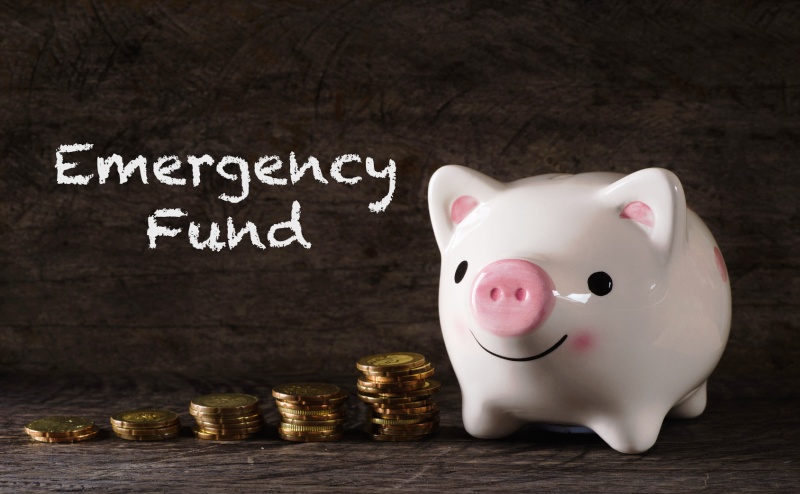In life, there is a number that opens or closes you many doors. Do you know what this number is? The answer: your credit rating.
If you have a low credit rating or no credit rating, you may have difficulty getting a mortgage, credit card or other types of credit. Why? Because your credit rating reflects your financial situation and shows how financially responsible you are when it comes to paying off your debts and paying your bills on time.
Your credit report is the tool that financial institutions and other lenders use to assess your creditworthiness. This file contains important information about you, including:
• Your name and contact information
• Your date of birth;
• Your Social Insurance Number (SIN)
• Your current and previous employers;
• Your payment habits and the available credit status.
Who can check your credit rating and credit report?
You may be surprised to see how often your credit rating is checked and take into account credit rating to determine if you are solvent. Lenders, building owners, and employers can check your credit report with your consent. Your credit report could also be verified in other situations, for example when applying for insurance or applying for a job. Let us see How to See Credit Score.
How can you build a good credit history?
Building a credit history can be complex. You must first get a loan or a credit card, but how can your application be approved if your credit rating is low or non-existent? A good way to start is to apply for a credit card with a guarantee. Credit cards usually have limits, but in the case of collateralized credit cards, the limit is based on the deposit you give as collateral. Paying on time, in all cases, shows that you are financially responsible and that you have the ability to repay the money borrowed.
How is my credit rating calculated?
The main factors that affect the calculation of your credit rating are:
• Type of loan (e.g., credit cards, student loans, mortgages, etc.)
• How often do you request loans? A high number of claims in a short period of time can alarm lenders and make you look like a risk to them.
• How long your accounts are held – The number of years your credit history extends can affect your credit rating.
• Credit Use – The amount of credit available that you have can affect your credit rating. Maintaining a small balance compared to your credit limit is a good idea.
• Payment history – did you pay all your bills on time? Making payments on time or not is a warning to lenders, and missing a payment can damage your credit rating.
Knowing your credit rating or your score will be very useful if you want to borrow money. It is best to limit your loan requests to two or three financial institutions at most. Remember that each credit application is recorded in your file.
How often need to check
In the eyes of lenders, your credit score is your calling card. When you apply for products like a credit card or mortgage, lenders use your credit report and score to evaluate your creditworthiness. The higher your score, the more likely you are to be approved. You should check on your credit score at least once a year or before applying for any type of credit, a job that requires a credit check, or a rental unit. You should also check your credit report to see if there are errors or fraud that could negatively affect your score. If you are working on building or rebuilding credit and want to monitor your progress closely, just check once a month.
Your credit score is recalculated each time new information is entered into your credit report, but some factors weigh more than others. Some creditors report to the offices every month, but this varies. There are two good reasons to check your credit report. For one, you just want to make sure the lenders on your account are reporting the information correctly. Errors can and do happen. Maybe you have sent all your car loan payments on time, but for whatever reason, they report a late or missing payment. This is a big mistake and it could cost you the qualification on a future loan, or you get higher interest rates elsewhere. A simple mistake like this could really hurt.
Conclusion: reasons to check your credit rating and credit report
Before applying for a mortgage, credit card or any other type of loan, you will want to check your credit file to make sure everything is in order.
Do not believe in a myth
Checking your credit rating and your credit report does not affect your credit rating. Ordering your credit file is considered a “no impact” inquiry.
How to improve your credit rating
If you have read so far, it is because you judge your credit rating important. You are probably curious about how to improve your credit rating.
Make payments on time, all the time
The history of your payments is an important factor in calculating your credit rating, so making your payments on time can give you a big head start. Consider establishing automatic withdrawals so you never miss a due date.
Use credit responsibly
You probably know that you need to pay off your credit card balance in full, but it’s also important to keep your balance low relative to your credit limit.
Do not cancel all your credit cards
A common myth associated with credit cards is that canceling your credit card can improve your credit rating, but that’s not necessarily true. Cancel a card can shorten the duration of your credit history and potentially hurt your credit rating.





